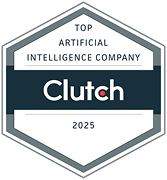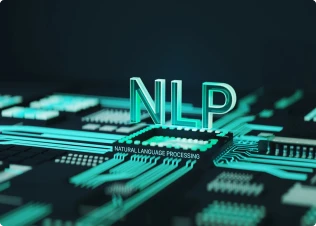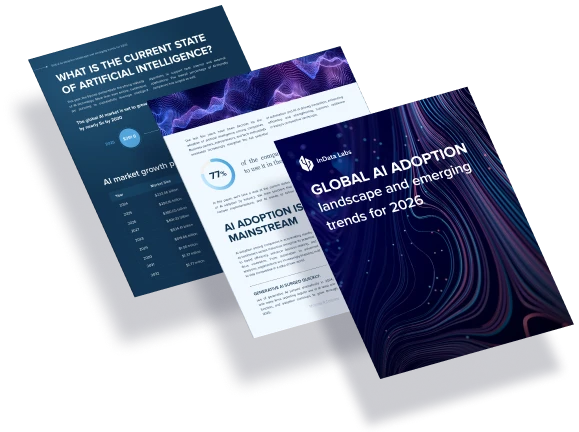Customer Success
-
 Predictive AnalyticsAI Consulting: Enhancing Sales Prediction ModelsRead More
Predictive AnalyticsAI Consulting: Enhancing Sales Prediction ModelsRead More -
 Natural Language Processing, Generative AIAspect-Based Analysis of Employee Survey DataRead More
Natural Language Processing, Generative AIAspect-Based Analysis of Employee Survey DataRead More -
 Computer Vision, Data scienceDetection of Aggressive Behaviour of Cattle OperatorsRead More
Computer Vision, Data scienceDetection of Aggressive Behaviour of Cattle OperatorsRead More -
 Natural Language Processing, Generative AIAI Recipe Generator AppRead More
Natural Language Processing, Generative AIAI Recipe Generator AppRead More -
 Natural Language ProcessingAI Agent Use Case: Revolutionizing Sales Operations with Virtual AssistantsRead More
Natural Language ProcessingAI Agent Use Case: Revolutionizing Sales Operations with Virtual AssistantsRead More -
 Predictive Analytics, TelecommunicationsAI Gender Analysis and IdentificationRead More
Predictive Analytics, TelecommunicationsAI Gender Analysis and IdentificationRead More -
 Predictive AnalyticsBuilding a Predictive Analytics Module for E-Commerce PlatformRead More
Predictive AnalyticsBuilding a Predictive Analytics Module for E-Commerce PlatformRead More -
 BI & Big data, Predictive AnalyticsFreight Rate Prediction Software for Logistics FirmRead More
BI & Big data, Predictive AnalyticsFreight Rate Prediction Software for Logistics FirmRead More -
 Manufacturing, BI & Big dataDelivering Data Intelligence for Chemical IndustryRead More
Manufacturing, BI & Big dataDelivering Data Intelligence for Chemical IndustryRead More -
 BI & Big data, ConstructionBI Solution for Unification and Construction Projects AnalysisRead More
BI & Big data, ConstructionBI Solution for Unification and Construction Projects AnalysisRead More -
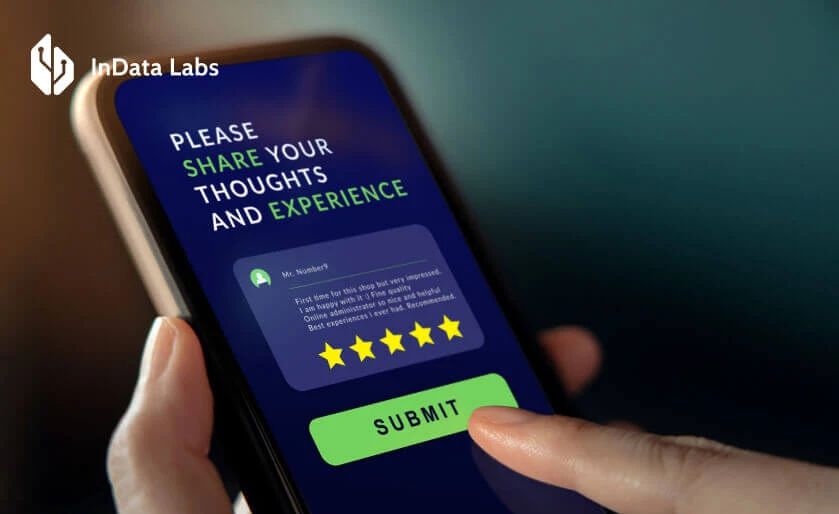 E-commerce, Natural Language ProcessingCustomer Review Analytics Solution for E-commerceRead More
E-commerce, Natural Language ProcessingCustomer Review Analytics Solution for E-commerceRead More -
 Predictive AnalyticsCustomer Churn Prediction Software for Online Sports Betting CompanyRead More
Predictive AnalyticsCustomer Churn Prediction Software for Online Sports Betting CompanyRead More -
 Computer Vision, Predictive AnalyticsPredicting Success of Racehorses by 3D Depth ImagesRead More
Computer Vision, Predictive AnalyticsPredicting Success of Racehorses by 3D Depth ImagesRead More -
 Predictive AnalyticsImproving Health & Fitness Apps with Predictive AnalyticsRead More
Predictive AnalyticsImproving Health & Fitness Apps with Predictive AnalyticsRead More -
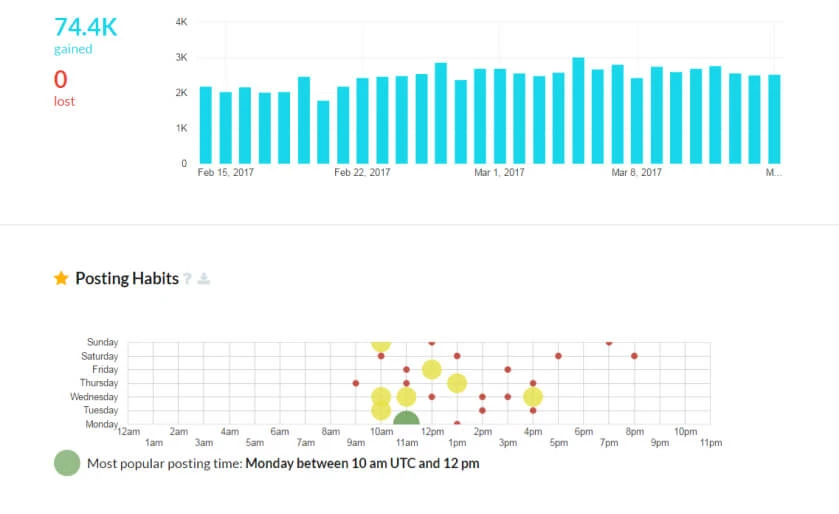 Predictive AnalyticsBuilding Analytics for Influencer Marketing PlatformRead More
Predictive AnalyticsBuilding Analytics for Influencer Marketing PlatformRead More
